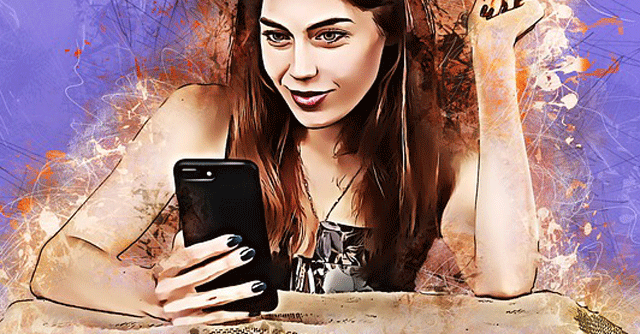
Artists slap lawsuit on startups behind generative AI model Stable Diffusion


A group of artists have filed a class action suit in a California court against three tech firms Stability AI, DeviantArt, and Midjourney for using copyright images of artists without consent to train a generative AI model Stable Diffusion.
Made public last August, Stable Diffusion is a deep-learning model that can generate artwork and images from text. It was developed by UK-based Stability AI, which later raised $101 million in a seed round in October taking the startup’s valuation past $1 billion.
US-based lawyer Matthew Butterick, who filed the lawsuit with Joseph Saveri law firm on behalf of artists-- Sarah Andersen, Kelly McKernan, and Karla Ortiz, said in a blog post that Stable Diffusion uses unauthorised copies of millions of copyrighted images without the knowledge or consent of the artists.

Butterick estimated the total value of misappropriation to be around $5 billion based on a nominal damage of $1 per image. He warned that Stable Diffusion’s ability to flood the market with unlimited number of copied images will cause significant damage to artists and the art market.
“The resulting images may or may not outwardly resemble the training images. Nevertheless, they are derived from copies of the training images, and compete with them in the marketplace,” he added.
Generative AI models like Stable Diffusion are trained on images scraped from the web and can create artwork or images similar to the original artwork in seconds. Microsoft-backed OpenAI, which developed ChatGPT, also developed a GPT-3 based generative model called Dall-E, which can generate images and artwork from text instructions.

Several artists complained last year that their work was used to train some of the generative AI models. For instance, Polish digital artist Greg Rutkowski who has made illustrations for games such as Horizon Forbidden West and Dungeons & Dragons found that his art style was widely copied through Stable Diffusion. In an interview with MIT’s Technology Review, last September, he expressed concern that his actual work will get lost amid the flood of AI-generated art.
These models again received a lot of backlash last month after images generated by Prisma Labs’ Lensa AI app were widely posted on social media. Thousands of users posted their selfies converted into artwork inspired by the actual work of another artist.
